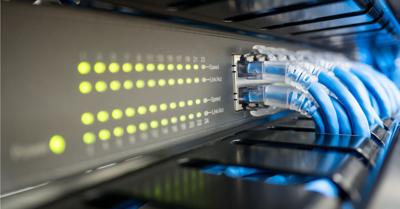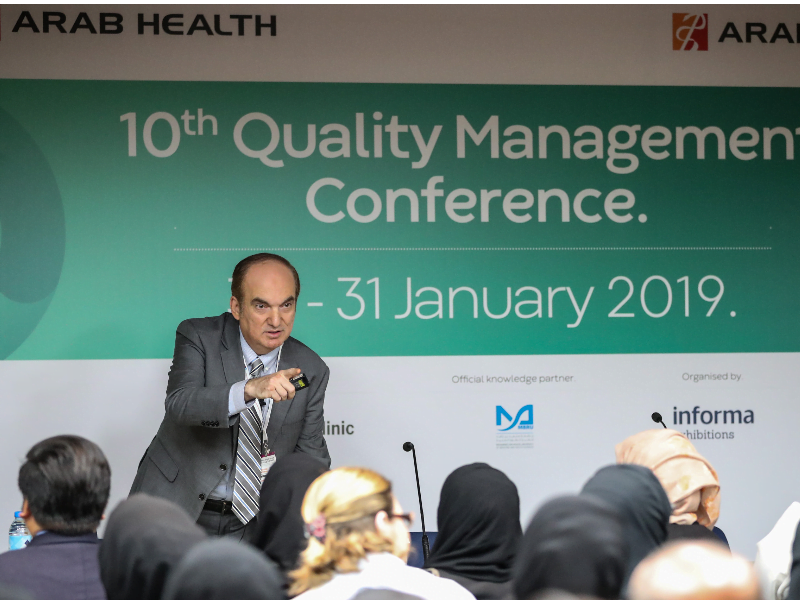
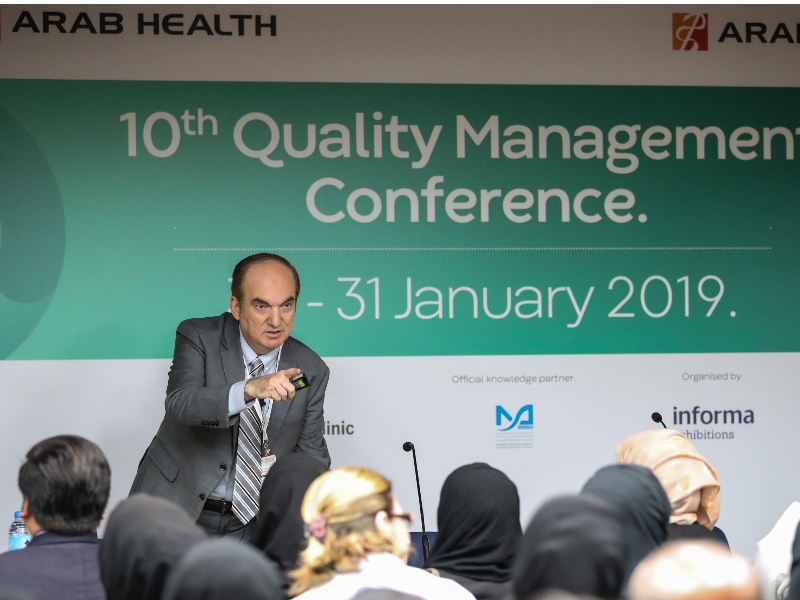
The IoMT refers to “connected infrastructure of medical devices, software applications and health systems services which have grown in the prominence of supporting clinical decisions, reducing incorrect diagnosis, and improving quality of services through the management of chronic diseases and monitoring of hospitalised patients”, explains Ross Williams, Exhibition Director of Arab Health.
A report by Arab Health titled: “The Future Of Health Information Technology and The Internet Of Medical Things” highlights that the value of the IoMT global market was pegged to grow from US$41.2 billion in 2017 to US$158.1 billion in 2022, according to global market research firm Markets & Markets. In the Middle East and North Africa (MENA) region, the figure is expected to increase from US$2 billion to US$9 billion, representing a Compound Annual Growth Rate (CAGR) of 35% during the same period.
Organised by Informa Markets, an anticipated 4,250 plus exhibitors from more than 64 countries and 55,000 visitors are expected to attend the 2020 edition of Arab Health.
The much-lauded Innovation Hub will return after its successful inauguration at last year’s show. It will showcase several of the disruptive technologies in the IoMT ecosystem including Artificial Intelligence (AI), Augmented and Virtual Reality (AR/VR), mobile device accessories, smart watches, fitness trackers and applications, disease management devices, health monitors, home care devices and telemedicine devices, to name a few.
The Innovation hub will also feature a startup zone, providing local and international startups the opportunity to display and demonstrate new products and innovations that are shaping the future of healthcare.
Over 35 companies have already confirmed their participation in this segment of the show, and include Sharjah-based Nabta Health, a tech-driven company that address gaps in women’s health by integrating digital health components into traditional care pathways to improve clinical outcomes; Balsam United, a Hospital Management Information System (HMIS) provider based in Saudi Arabia; and Seers Technology, a remote patient monitoring solution provider for the global digital health markets, with headquarters in South Korea.
This year will also see the return of the Innov8 Talks segment, where eight SME’s and entrepreneurs for each day of the show will have eight minutes to present their latest groundbreaking healthcare ideas. The final day of the exhibition will see winners from each day ‘pitch off’ to investors, with Amazon, Raiven Capital and Microsoft already confirmed.
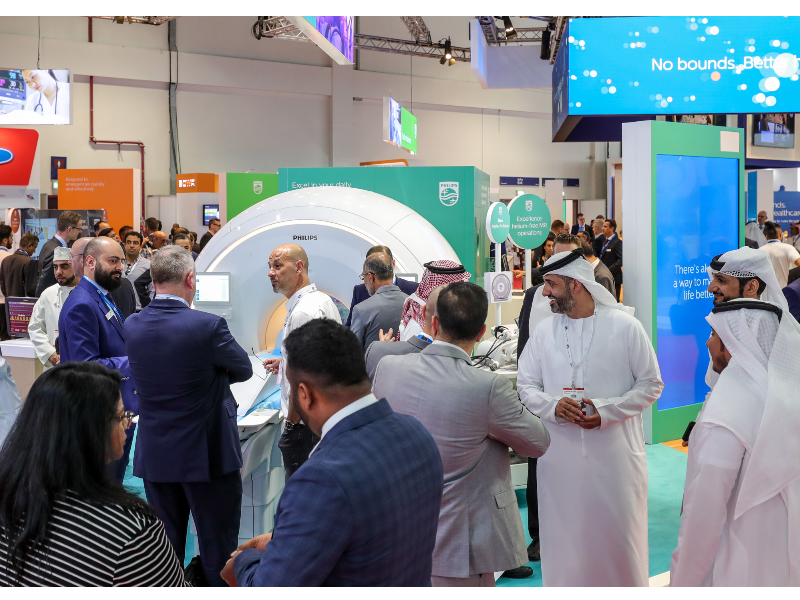
Digitalising the Patient Experience
Patient experience towards ‘digitalisation in healthcare and enhancing the patient experience through digital health’ will form the basis of discussion at the newly launched Patient Experience conference, with a focus on empowering the patient to make better decisions, and in turn, implementation of an efficient and stronger healthcare system.
The sessions will be delivered by Dr Ramadan Alblooshi, Chief Regulatory Office, Dubai Health Authority (DHA) and Dr Tamara Sunbul, Strategic Planning, Performance Mgmt. & Business Development Office, Johns Hopkins Aramco Healthcare based in Saudi Arabia.
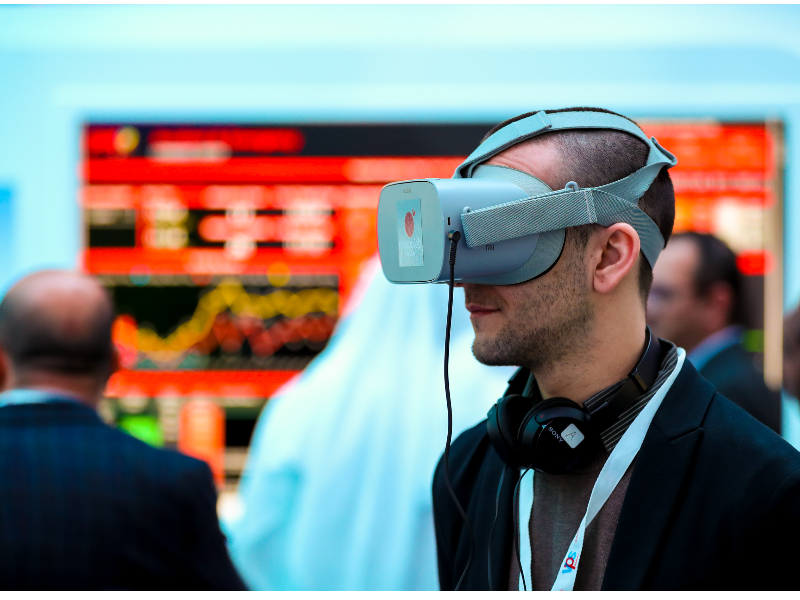
Health Technology Breakthroughs in 2019
Several breakthrough technologies have taken place in 2019, with the World Economic Forum (WEF) identifying the prominent role IoMT has played in the healthcare industry. It gives an example of a pill with a tiny sensor, that transmits information to a patch on the patients arm when taken, with the resulting information then relayed to a mobile phone which is monitored by a doctor to ensure medication is taken at the correct frequency and time.
Similarly, the MIT Technology Review has identified several groundbreaking technologies this year, such as a revolutionary blood test to predict premature births; a swallowable probe making it easier to screen for gut disease; personalised cancer vaccines which can reprogram the body to attack cancerous cells; EKG-enabled smartwatches; and voice assistants in clinics.
“A future where data is secure, aggregated and easily analysed will be a crucial enabler for the digital transformation of healthcare and the health and well-being of people on an individual, national, and global scale,” added Williams.
[“source=economictimes”]

